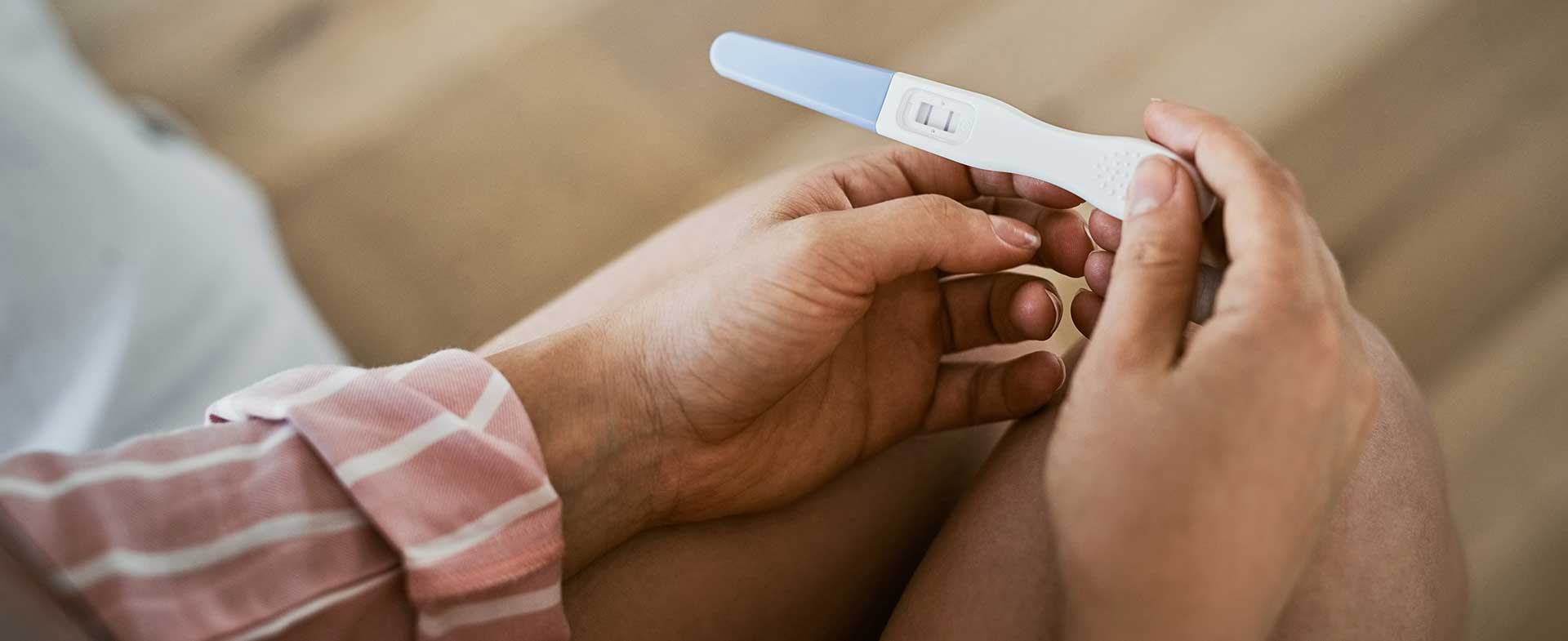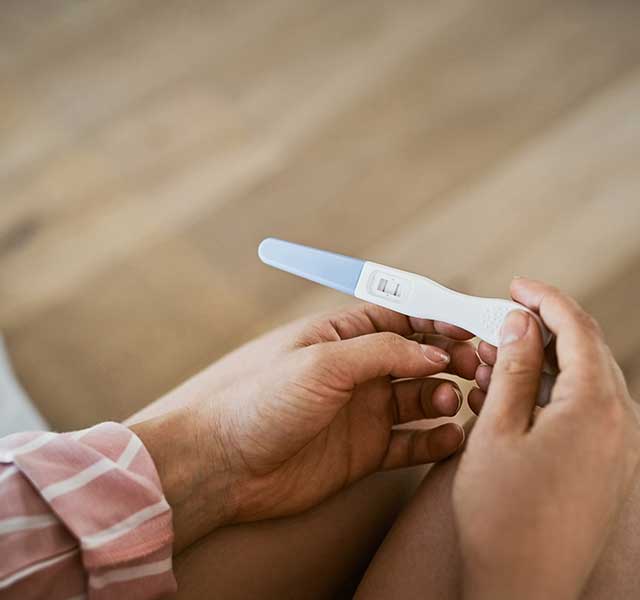Protecting your own health is essential. And, if you are a woman in your childbearing years, staying healthy can impact more than just yourself. Your choices -- from the vitamins you take to your body weight, mental health or substance use -- might impact a new life should you become pregnant. It can also affect your ability to have a healthy pregnancy when and if you decide to. A new consideration for women is whether or not to receive the COVID-19 vaccine.
“Rumors and false information about the vaccine’s possible impact on fertility, pregnancy and miscarriage make it even harder for women to decide what’s best,” said obstetrician/gynecologist Candice Gates, M.D. “This is a very personal decision. Women need to consider the facts about the vaccine as well as what could happen if they develop severe COVID-19 symptoms while pregnant.”
Know The Facts On Vaccines & Reproductive Health
- It's safe to become pregnant after vaccination. If you are trying to become pregnant, you do not need to avoid pregnancy after receiving a COVID-19 vaccine.
- The pandemic is not causing a change in fertility patterns. There is no evidence that any of the COVID-19 vaccines cause early pregnancy loss or fertility problems in women or men. While fever can be a side effect of the COVID-19 vaccines--and fever can cause a temporary decline in sperm production--it isn't much different from experiencing a fever from COVID-19 or another illness.
- Unvaccinated pregnant women have an increased risk of severe illness due to COVID-19. If you become sick with the virus while pregnant, your chances of needing intensive care and a ventilator are higher. This can put your unborn child at higher risk for a preterm birth. Risks are even greater for pregnant women of color.
“It’s worth remembering vaccines are nothing new in prenatal care. Historically, vaccines have contributed to women’s health and successful pregnancies,” says Courtland Keteyian, M.D. “Pregnant women are routinely vaccinated against seasonal flu and whooping cough.”
More than 70,000 pregnant women in the United States have been infected with the virus. While these women developed antibodies like the ones created by the body after vaccination, there is no evidence of an increase in pregnancy loss.
What To Do If You Have Concerns About Getting A Vaccine
If you have safety concerns about the COVID-19 vaccine, discuss the risks and benefits of vaccination with your healthcare provider. Make sure to also ask about the risks getting COVID-19 may pose to your reproductive health and your baby.
“After considering the risks and benefits, women should be supported in whatever they decide,” says Dr. Gates.
If you decide to receive the vaccine, it is important to continue COVID-19 safety measures:
- Wear a mask in public.
- Practice social distancing.
- Avoid large gatherings.
- Wash your hands often.
- Follow CDC travel and quarantine guidelines.
To learn more, visit HenryFord.com/Vaccine for answers to frequently asked COVID-19 vaccine questions.
To make an appointment or find a doctor, visit henryford.com Or call 1-800-436-7936 in southeast Michigan or 1-888-862-3627 in the Jackson area.
Dr. Candice Gates is an OB/GYN physician with Henry Ford Women’s Health in Jackson and cares for women at all stages of their reproductive life.
Dr. Courtland Keteyian is board-certified in public health and general preventive medicine and is the Vice President for Population Health and Medical Director for Occupational Health at Henry Ford Health in Jackson.



